
Latest articles

Angular or React: Which One Consumes Less Energy?
When developers choose a frontend framework, the usual criteria come to mind: performance, ecosystem, maintainability, developer experience, and community support. But there is a factor that is almost never discussed: energy consumption! As software systems grow in scale, the environmental impact of digital technologies is becoming impossible to ignore. While green software engineering research has traditionally focused on servers, cloud infrastructure, and backend optimization, the frontend remains a blind spot.

DEESSE: A Generic Search Engine based on Artificial Intelligence
In Berger-Levrault, several of our software products incorporate a search engine in themselves to facilitate access to information. This information can be encoded in files having various and varied formats. For example, Word, PDF, CSV, JSON or even XML files. Current search engines such as Lucene focus most of the time on keyword searches. This
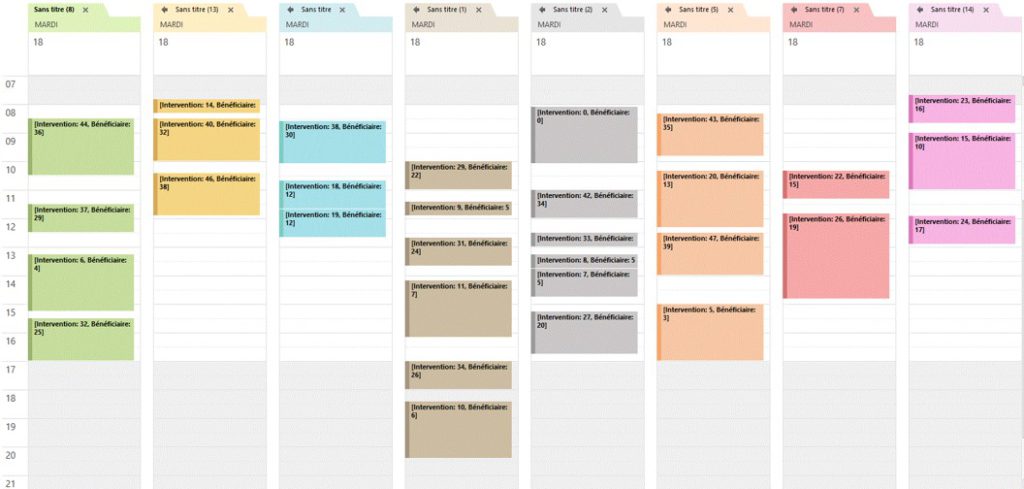
Artificial Intelligence for Home Care Structures
The aging of the population leads to an increase in the number of people losing their autonomy and in situations of fragility. Due to the lack of space in medico-social institutions, home care structures (SAAD, SSIAD, SPASAD, and HAD) are an alternative offering a better environment for beneficiaries. We are working on a project whose objective

Understanding the complexity of the city
The systemic project of the city aims to structure the various key concepts which reflect the complexity of the object “City”. The approach used in this project exploits the different data provided by the digital city to translate sustainable development into the processes of technical management of the territory, correlate the different representations of the
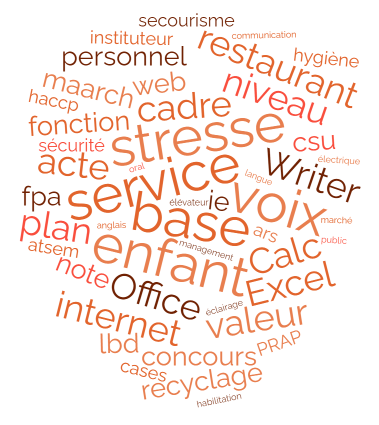
When AI generates Human Resources training plans!
Berger-Levrault works in collaboration with the Cusma association and the innovation commission to exchange experiences and advice on innovation applications. Among the projects, we started working on a supervised automatic classification of training requests.This project aims to assist administrative officers using artificial intelligence and robots to classify and prioritize training requests coming from agents. We

CARL – What if maintenance requests were automated?
CARL Source is CARL Software’s main software application for managing maintenance processes within the company, as well as the historical monitoring of the various materials and equipment, buildings, and necessary interventions. We conducted a study involving Natural Language Processing techniques for document understanding and qualification. Basically, we aim at interpreting real requests for intervention, to

Accounting & Robots : A Love Affair
During the past months, Berger-Levrault and the Cusma association worked together within the newly created innovation commission. This comission aimed at co-designing new and innovative services involving for exemple robotic process automation (which we have recently talked and explained on BL.Research), artificial intelligence and natural language processing. The use RPA for automatic accounting checking was

PowerBuilder 12.5 goes to the Web!
A few months ago, Berger Levrault’s research team published an article on the result of an experiment allowing a JAVA application to work together with a Visual Basic 6 application. This work showed that you could use business components developed in Visual Basic 6 from JAVA and even “run” an entire application without having to
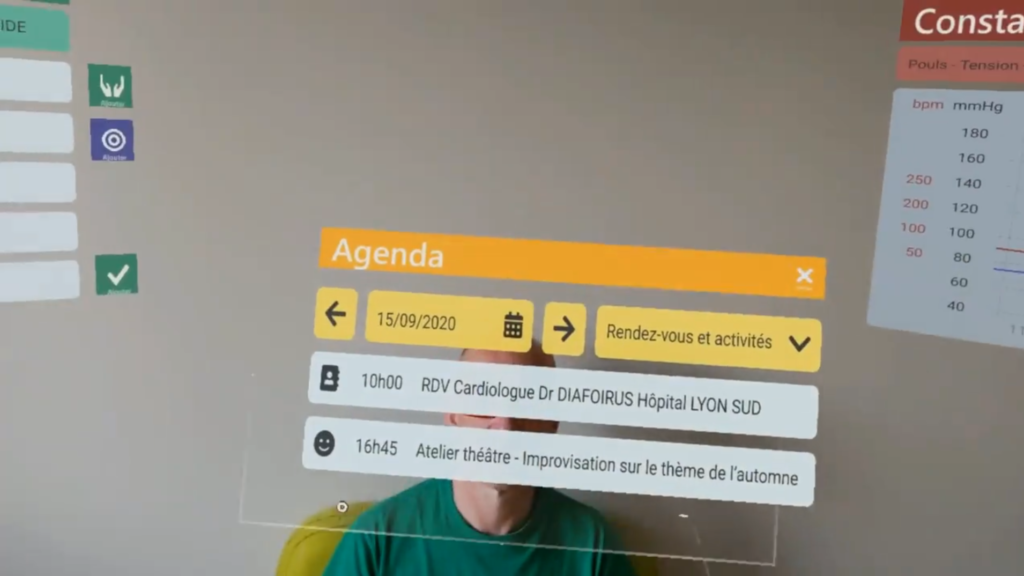
Augmented Reality in HealthCare
This week we responded to a call for projects from the ANS (French Digital Health Agency calls Structure 3.0. We proposed a totally new approach to interact with BL.soins, based on Microsoft Hololens and augmented reality techniques.The project aims at experimenting with augmented reality, its value, and acceptance in health care for older adults. But
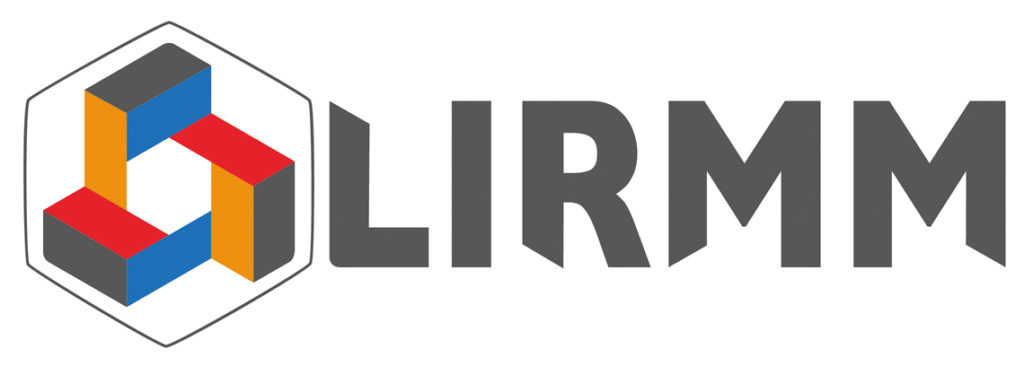
The SoftScanner project: How to trace your front-end automatically?
Following the cooperation of three institutions: the University of Montpellier, the Centre National de Recherche Scientifique, and the Berger-Levrault company, the SoftScanner project is now underway. SoftScanner is a Model-Driven Approach for the Automatic Generation of Optimal Anchoring Configurations for Software System Execution Tracing Operations. Context and Problem Developers write “logging instructions” in the source
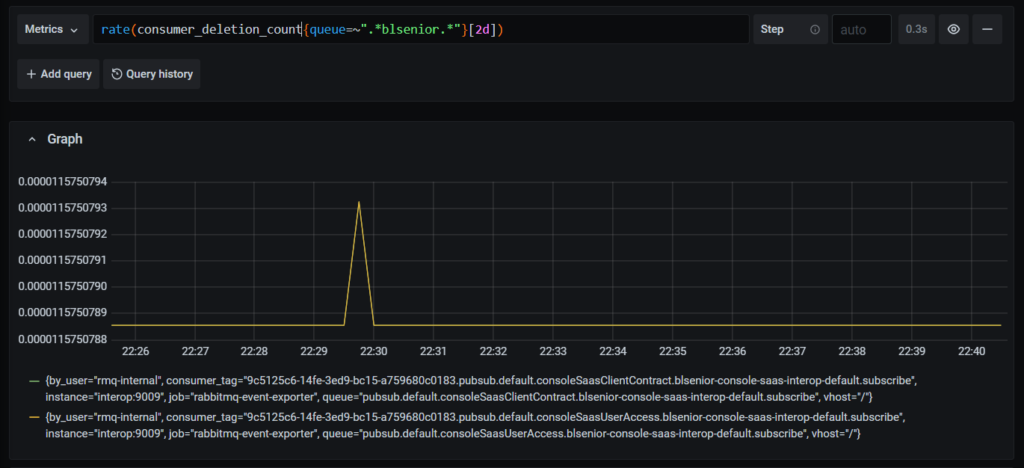
Why your Interoperability needs to be monitored
BL MOM and RabbitMQ Interoperability is one of the key challenges for enterprise information systems engineering. The lack of interoperability among applications and their sub-systems is a critical issue that can affect the overall quality of service. Data interoperability is implemented through data transport and exchange systems, the latter must be reliable and secure to

PMS 2026 – 34th International Conference on Program Comprehension (Toulouse – France)
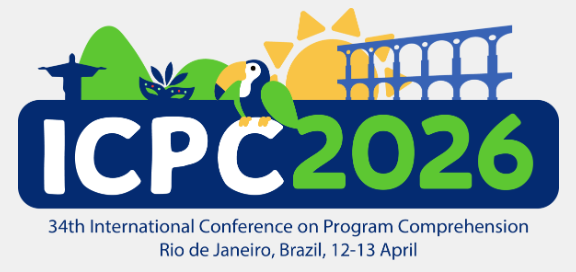
ICPC – 34th International Conference on Program Comprehension (Rio de Janeiro – Brazil)

CHI 2026 – International conference on Human-Computer Interaction (Barcelona – Spain)


Forum for advances in visualization and visual analytics – VIS 2025 (Vienna – Austria)
Camille Dupré Ph.D. thesis defense: “Pad-based Interaction in Mixed Reality environments”
Thursday 18th December at 2p.m. Paris time, Camille Dupré, Ph.D. Candidate has defended her thesis named “Pad-based Interaction in Mixed Reality environments”. Her thesis defense took place at the LISN, in Gif-sur-Yvette (660 Av. des Sciences Bâtiment, 91190), France. Take a look at the summary below. Summary Mixed Reality (MR) environments integrate virtual elements into
Nihed Bendahman Ph.D. thesis defense: “Evaluation and mitigation of hallucinations in automatic summarization in the specific context of legal documents”
Monday 15th December at 2p.m. Paris time, Nihed Bendahman, Ph.D. Candidate has defended her thesis named “Evaluation and mitigation of hallucinations in automatic summarization in the specific context of legal documents”. Her thesis defense took place at the IRIT Research Laboratory, in Toulouse, France. Take a look at the summary below. Summary Legal monitoring is a
Gabriel Darbord Ph.D. thesis defense: “Automatic test generation to help modernize our applications”
Friday 5th December at 9a.m. Paris time, Gabriel Darbord, Ph.D. Candidate has defended his thesis named “Automatic test generation to help modernize our applications”. His thesis defense took place in Lille, France. Take a look at the summary below. This thesis is fully in line with the partnership between Berger-Levrault and Inria, which aims to
Berger-Levrault strengthens its ties with AI startups!
We are proud to announce that we have joined Hub France IA, the largest association dedicated to artificial intelligence in France. This network now brings together more than 250 members—companies, startups, research laboratories, and institutions—who share the same goal: to accelerate the development and adoption of AI in France and Europe. Getting closer to the
Celebrating New PhDs from the BL.Research Team!
At Berger-Levrault, research is more than a mission—it’s a shared adventure. As the new academic year begins, we are proud to celebrate the success of four of our colleagues from the BL.Research team, who have reached a major milestone in their scientific journeys: the defense of their doctoral theses. These achievements are the result of
Hamza Safri Ph.D. thesis defense: “Federated learning for the IoT : Application for Industry 4.0”
Thuesday 24th June at 3pm Paris time, Hamza Safri, Ph.D. Candidate has defended his thesis named “Federated learning for the IoT: Application for Industry 4.0”. His thesis defense took place at the Inria Minatec Grenoble, Grenoble, France. Take a look at the summary below. Keywords: Model generalization, predictive maintenance, industrial IoT, federated learning, edge network,
ESUG 2025: Six contributions and 2 prizes for the Software Engineering Lab team!
Congratulations to our PhDs Nicolas Hlad, Aless Hosry, Benoit Verhaeghe and Pascal Zaragoza from Berger-Levrault’s BL.Research team for their participation in the 2025 edition of the ESUG (European Smalltalk User Group) conference! This year’s conference took place from July 1-4 in Gdansk, Poland. The theme was innovation in Smalltalk technologies and their use in software
Julien Breton Ph.D. thesis defense: “Extraction and formalization of regulatory industrial maintenance knowledge from semi-structured corpus data”
Friday, 27th June at 1.30 pm Paris time, Julien Breton, Ph.D. Candidate has defended his thesis named “Extraction and formalization of regulatory industrial maintenance knowledge from semi-structured corpus data”. His thesis defense took place at the IRIT research laboratory, Toulouse, France. Take a look at the summary below. Keywords: Legal compliance,Industrial maintenance, Norm extraction,LLM (Large
